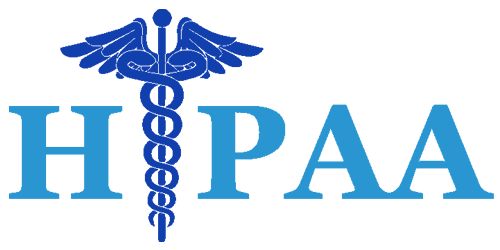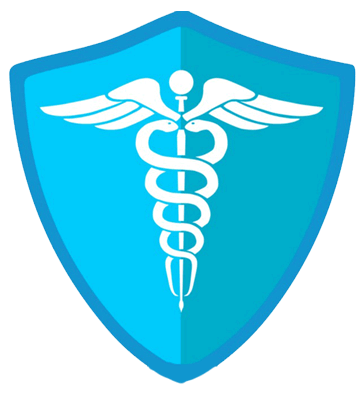Importance of HIPAA
Benefits
HIPAA introduced a number of important benefits for the healthcare industry to help with the transition from paper records to electronic copies of health information. HIPAA has helped to streamline administrative healthcare functions, improve efficiency in the healthcare industry, and ensure protected health information is shared securely.
The standards for recording health data and electronic transactions ensures everyone is singing from the same hymn sheet. Since all HIPAA-covered entities must use the same code sets and nationally recognized identifiers, this helps enormously with the transfer of electronic health information between healthcare providers, health plans, and other entities.

While no healthcare organization wants to expose sensitive data or have health information stolen, without HIPAA there would be no requirement for healthcare organizations to safeguard data ? and no repercussions if they failed to do so.
HIPAA established rules that require healthcare organizations to control who has access to health data, restricting who can view health information and who that information can be shared with. HIPAA helps to ensure that any information disclosed to healthcare providers and health plans, or information that is created by them, transmitted, or stored by them, is subject to strict security controls. Patients are also given control over who their information is released to and who it is shared with.
HIPAA is important for patients who want to take a more active role in their healthcare and want to obtain copies of their health information. Even with great care, healthcare organizations can make mistakes when recording health information. If patients are able to obtain copies, they can check for errors and ensure mistakes are corrected.





